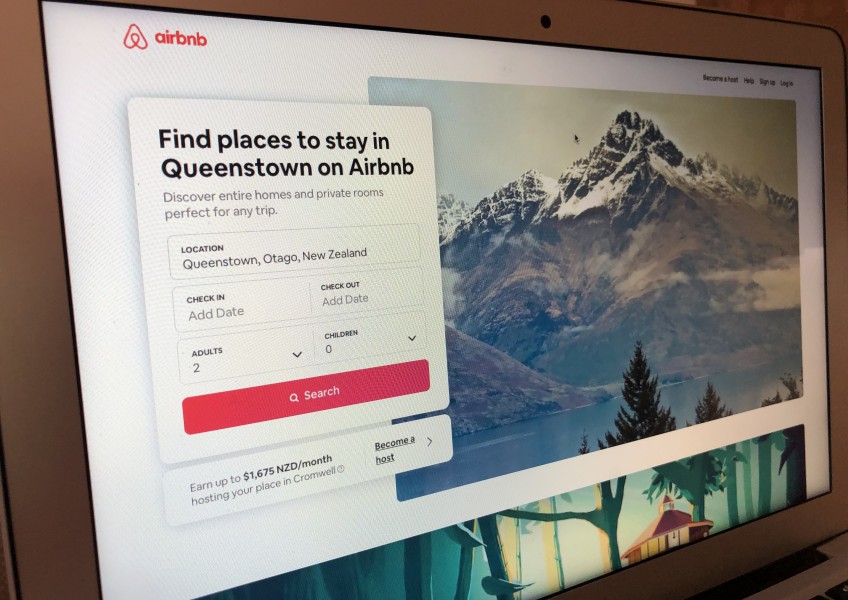New council Airbnb rules easy to dodge, researcher says

Tighter controls on Airbnb in district plans lack teeth because it is labour intensive for councils to chase those breaking the rules, but it doesn’t have to be that way, a researcher says.
Christchurch City Council last week received an Environment Court decision allowing it to finally beef up regulation of short-term accommodation after months of legal challenge by Airbnb.
The problem is the new rules, like those introduced earlier in the year in the Queenstown Lakes District, rely heavily on good faith.
Lincoln University Associate Professor Anthony Brien, an expert witness for accommodation providers during the court proceedings, says plenty of other cities and towns around the world force Airbnb to hand over data on accommodation providers.
Here, the impetus is on home owners to do the right thing.
“What happens overseas, though, is Airbnb, as they’re the major player in this, have agreed with local authorities that they will not allow someone to go on to their Airbnb site and put their house or room on unless they have a registration number from the local authority,” Mr Brien says.
“That way the local authority knows who's in the game.”
In cities, like Vancouver and London, if a property owner is not allowed to rent a room or a unit or a home out for more than 90 nights in a year, then Airbnb in those jurisdictions will not allow the accommodation to be listed as available for any more than that, Mr Brien says.
“So if your Airbnb is up there and it's done 89 then 90 days and then you try and put it back up for 91, the system won't let you.
“Airbnb have agreed to that.”
He sees no reason why such regulatory back-ups would not be doable in a Kiwi context.
“The technology is there to make this nice and clean and easy...but it needs willing parties.”
It is his view a national directive is needed, rather than individual councils having to take on the likes of Airbnb solo – like Queenstown Lakes and Christchurch City Councils have done - often racking up expensive legal bills for ratepayers in the process.
Under Christchurch’s new rules, in most residential and rural zones, hosted visitor accommodation will generally be a permitted activity, meaning property owners who live on site and rent out a room or two will not need a resource consent, provided they don’t have more than eight guests.
However they will be required to notify the council and keep records of the number of nights they rent rooms out for.
If people rent a property to visitors and don’t live on site they are allowed a maximum of 60 nights per year – or 180 in a rural area - without needing a resource consent, but that comes with conditions including a maximum of eight guests, notifying the council, keeping records, providing visitors with clear instructions and appointing a local person to manage the property.
More than 60 nights per year – or 180 in a rural area - or more than eight guests, and a resource consent is required.
The new rules do not impact on anyone who has been renting a room lawfully up until now.
But it is the view of Mr Brien the rules lack teeth without buy-in from peer-to-peer accommodation hosting platforms like Airbnb.
"The rules are there, but 'can you dodge them?' - it appears you can."
A summary of Christchurch City Council’s new short-term accommodation rules can be found here; Queenstown Lakes District Council's are here.
Crux has approached the Queenstown Lakes District Council for comment on the Christchurch council's new rules and how they match up, or not, with its own.
However, the council says it is not appropriate for its staff to provide an explainer like that.
At last count (in May), the council had 1,396 homes registered as short-term visitor accommodation.
"It’s important to remember that just because a property is registered, or has a resource consent, or is even listed on a website like Airbnb, doesn’t mean it’s operating as residential visitor accommodation at this specific time; it might be being rented long-term or sitting empty - owners can opt in and out as they wish," a council spokesperson says.
























